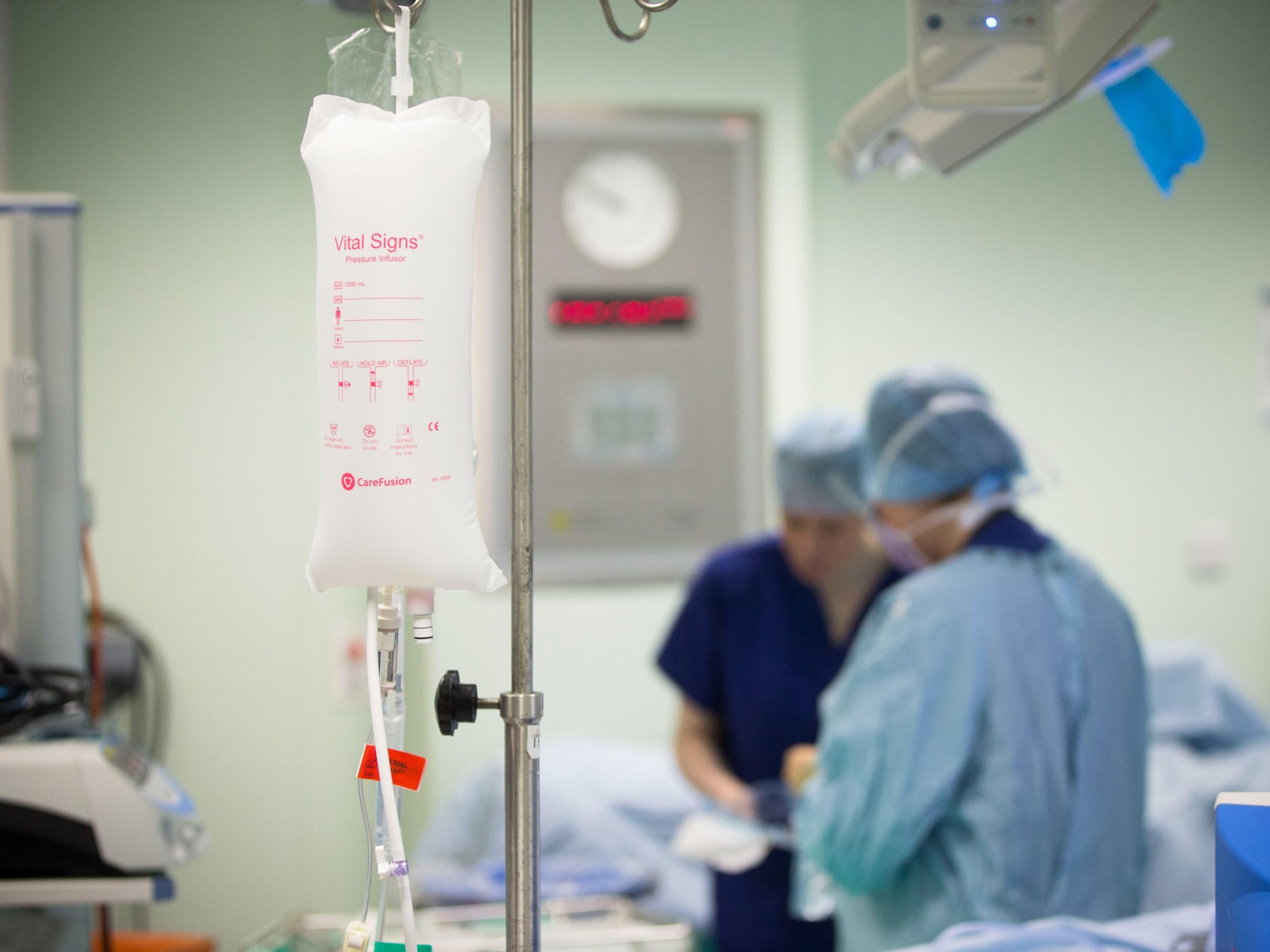In the age of xenophobia, these doctors worked together to give us a reason to be hopeful about the future
It’s often said that men in exile feed on dreams of hope – thirty doctors at London’s University College Hospital proved that with their groundbreaking operation on the spines of two unborn babies


The ancient Greeks had no word for creativity. They argued, remarkably, that those who our modern world bestows the honour of creation upon – painters, actors, dancers and sculptors – merely manipulate the laws of nature. Creation, it was stipulated, involves the freedom from laws, not a definition cursed by natural rules. Such subjugation negated the notion of creativity. In ancient times, the closest equivalent to the word create was “poiein” – meaning to make. This was reserved for poets, poietes, alone.
Yet citizens of Periclean Athens were not privy to the goings-on at London’s University College Hospital this week. Thirty doctors, in a haze of tempered academia and benevolent creativity operated on the centimetres-long spines of two babies – unborn babies. This “foetoscopic” spinal endeavour came with risks – with the magic trick of a single operation involving two patients. Nevertheless, emerging studies show the benefits in long-term motor outcomes and reduction in complications.
The operations in London involved an international team of doctors, nurses and allied health professionals. Experts from the University Hospitals Leuven, Belgium and Children’s Hospital of Philadelphia aided and advised – temporarily sheltering us from the current political winds of malignant xenophobia and repugnant anti-intellectualism hitting both the UK and US.
The boldness of foetal surgery is almost more important than the surgery itself. Almost. Myelomeningocele – the most common form of spina bifida – results from the lack of closure of the neural tube during embryological development. The resultant extrusion of the spinal cord and meninges causes a life-long disability involving both the spine itself and brain (due to downward herniations and increased intracranial pressure).

The surgery unfolds as a C-section, until the uterus has been sliced upon and the paediatric neurosurgeons enter the fray. Previously, parents would travel to Belgium, or the US, to access similar surgeries – with large financial implications. It is no minor feat that the NHS – despite large scale underfunding – provides such groundbreaking operations at no cost. This is especially important in our epoch of increasing social inequality. Access to healthcare remains a human right – from simple asthma medication to complex, intricate neurosurgery.
In our age of cynicism and tribal mentality, it is useful to remember that primates who once discovered fire, managed to sail across seas, travel to the moon and now save lives before those very same lives are in fact born. One of those oft-quoted Greek playwrights, Aeschylus, quipped that “men in exile feed on dreams of hope”. The men, and women, involved at UCL – and their forbearers in the US and Belgium – seem to be doing likewise.
Maybe the ancient Greeks were correct in not coining creativity as a word. It may be superfluous to describe a trait so intrinsically universal. When the medical actions which now define and prolong our lives are steeped in the act of creation, could it ever be explained how anything is not?
Join our commenting forum
Join thought-provoking conversations, follow other Independent readers and see their replies
Comments
Bookmark popover
Removed from bookmarks